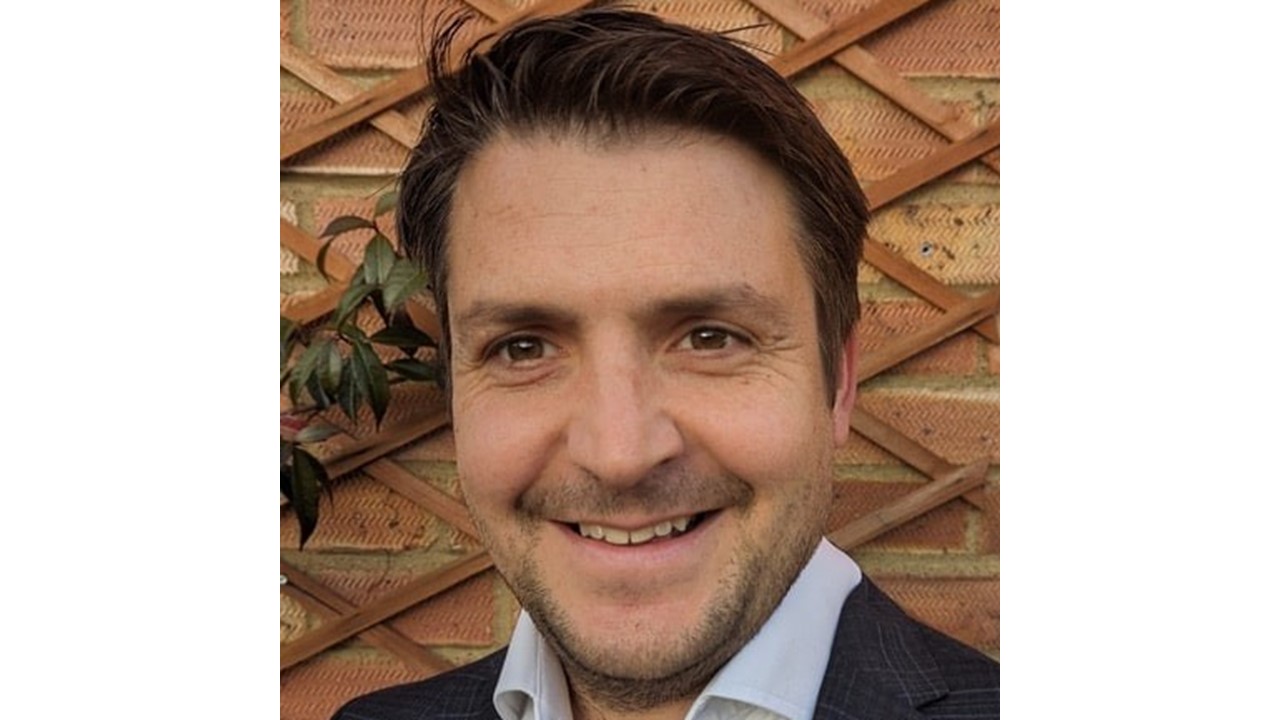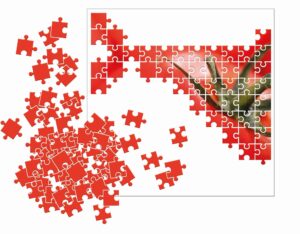20 June 2024
"KeyGene helped us to democratize sequencing technology"
KeyGene 35 years: an interview with Dan Fordham, Oxford Nanopore Technologies

Dan Fordham, director of Strategic Product Management at Oxford Nanopore Technologies, UK, is responsible for the customer contacts in Europe, the Middle East and Africa and India as well. As such, Fordham has been working with KeyGene for the past three years now.
When Oxford Nanopore Technologies launches new sequencing technology on the market, they actively seek cooperation with their customers. “We consider our customers partners, for that matter”, Dan Fordham of Oxford Nanopore says. “KeyGene has been a valuable partner for the past ten years now, helping us to validate our sequencers in the world of plant sciences.”
Oxford Nanopore produces the MinION, a sequencer that is the size of a candy bar. A sample with DNA or RNA is forced though a tiny hole or ‘nanopore’, while the electrical field of the passing molecules is registered. “Our sequencers, therefore, don’t read an A, C, G or T, but register the specific electrical field that goes with these molecules”, Fordham explains. “This means that each new model of sequencer needs to be trained with samples, to make correct translations from electrical fields into genetics.”
Testing sequencers
 For this ‘training of technology’, Oxford Nanopore has worked together with KeyGene for the past ten years now. “They tested our first miniature sequencer, the MinION, in an early access program called MAP2014”, Fordham recalls. “Many of our customers are active in the field of human medicine, so the addition of a plant science company was extremely helpful in broadening our portfolio.”
For this ‘training of technology’, Oxford Nanopore has worked together with KeyGene for the past ten years now. “They tested our first miniature sequencer, the MinION, in an early access program called MAP2014”, Fordham recalls. “Many of our customers are active in the field of human medicine, so the addition of a plant science company was extremely helpful in broadening our portfolio.”
Opinion leaders
The MinION sequencer was later followed by the PromethION, “a sequencer that can collect six times more data in the same time,” Fordham said. “When we bring a sequencer to the market, it is good enough to do a reliable job in recognizing molecules. But then the real journey starts. In direct conversation with partners like KeyGene, we add meaning to the data. We like to say that we democratize the process of sequencing. And like in any healthy democracy, we need opinion leaders. KeyGene is an opinion leader to us in the world of plant sciences.”
DNA or RNA, tomato, lettuce, maize or banana
Nanopore technology can be trained with almost any molecule, so sequencing RNA is just as easy as DNA. “Whether it has been in tomato, lettuce, maize, or in bananas, in the core genome of a specific cultivar or the pangenome of a complete family of plants, KeyGene has helped us a lot by explaining what did and what did not work with our sequencers.”
Understanding technology
Fordham is very happy with the cooperation with KeyGene. “Alexander Wittenberg and his team understand what our technology and our way of working is about. They understand the benefits like no other. I look forward to working with them in the future as well.”
Read the other KeyGene 35 years interviews
- Reflections by our shareholders: “We share the fundamental knowledge that KeyGene generates”
- Lora Kilgore-Norquest, Ingredion: “KeyGene helps us to quickly address the consumers’ needs”
- Chris Winefield, Lincoln University NZ: “A realistic view on a shared labor of love”
- Roeland van Ham, KeyGene: “Lateral thinking is in our DNA”
- Ponnusamy Umashankar, Mahindra Agri Solutions Ltd.: “Speed and precision are the passion and purpose of our collaboration”
- Jeroen Stuurman, KeyGene: “It’s not all about genes in our research”